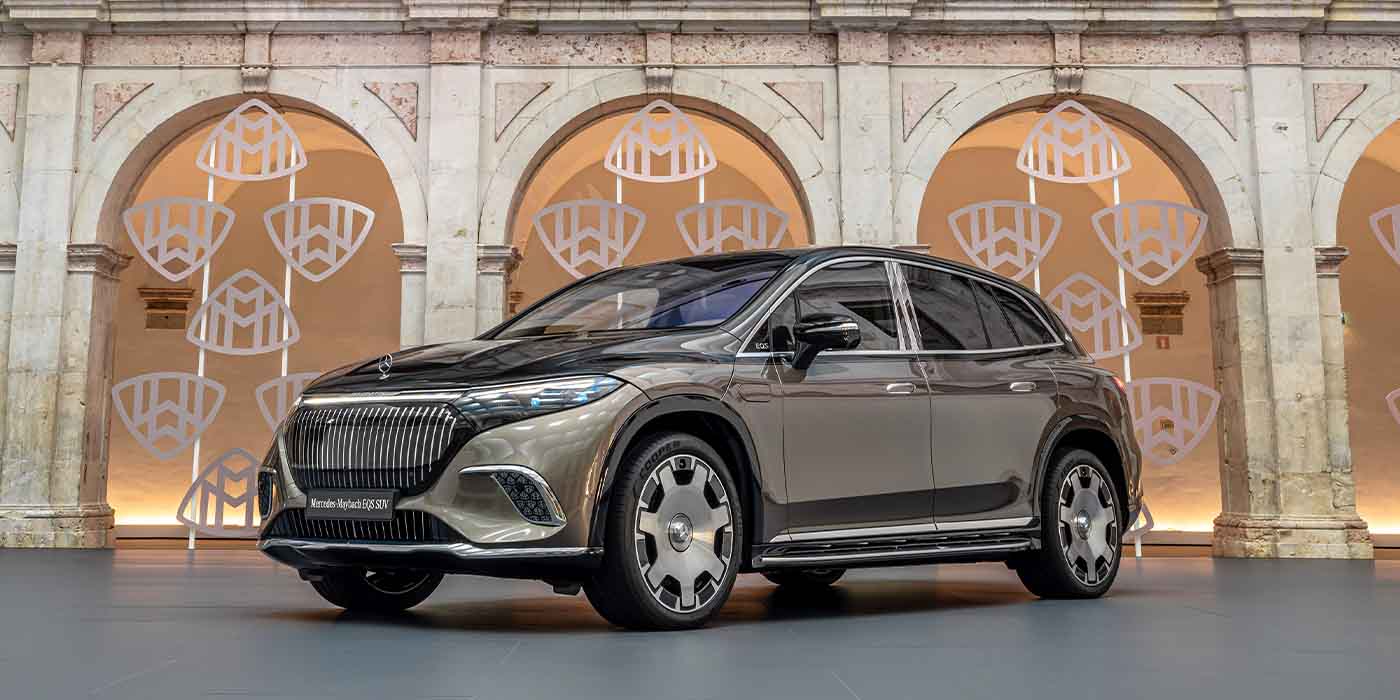Freezers are an essential appliance in most households, allowing us to store and preserve food for extended periods. However, many people are concerned about the energy consumption of their freezers and how it may impact their monthly electricity bill. In this article, we will explore the factors that influence the electricity usage of a freezer and provide you with some tips to make your freezer more energy-efficient.

Credit: electrek.co
Factors Affecting Freezer Electricity Usage
The amount of electricity consumed by a freezer per month depends on several factors. These factors include:
- Size and Type of Freezer: The size and type of freezer you own play a crucial role in determining its energy consumption. Chest freezers, for example, tend to be more energy-efficient compared to upright freezers as they have better insulation.
- Energy Efficiency Rating: Another significant factor is the energy efficiency rating of your freezer. Look for freezers with the Energy Star label, as they are designed to meet strict energy efficiency guidelines set by the Environmental Protection Agency (EPA).
- Usage Patterns: How often you open your freezer and for how long also affects its electricity consumption. Frequent opening and leaving the freezer door open for extended periods cause the temperature inside to rise, leading to more energy usage to bring it back to the desired level.
- Location: The ambient temperature around the freezer can impact its efficiency. Placing the freezer in areas with high ambient temperatures, such as near heating vents or in direct sunlight, can cause it to work harder and consume more electricity.
- Temperature Settings: Setting your freezer temperature too low can result in unnecessary energy usage. Ensure that your freezer is set to the recommended temperature of 0°F (-18°C) for optimal efficiency.
- Regular Maintenance: Proper maintenance, such as defrosting and cleaning the coils, is crucial to keep your freezer running efficiently. When coils are covered in frost or dirt, the freezer has to work harder to maintain the desired temperature, leading to increased energy consumption.
Estimating Freezer Electricity Usage
On average, a small freezer with a capacity of 5 to 7 cubic feet consumes around 350 to 500 kWh per year. This translates to approximately 29 to 42 kWh per month. Larger freezers, typically between 14 and 20 cubic feet, may consume around 700 to 1,000 kWh per year, approximately 58 to 83 kWh per month.
It is important to note that these figures are estimates and can vary based on the factors mentioned earlier. To get a more accurate idea of your freezer’s electricity usage, you can refer to the user manual or check the energy label on the appliance.
Tips for Reducing Freezer Electricity Usage
Now that we understand the factors that influence freezer electricity usage, let’s look at some tips to help you reduce your freezer’s energy consumption:
- Choose an Energy-Efficient Freezer: When purchasing a new freezer, opt for one with a high energy efficiency rating. Energy Star rated freezers are designed to save energy and reduce electricity usage.
- Properly Size Your Freezer: Select a freezer size that fits your needs. An excessively large freezer will consume more energy to cool a smaller load, while an undersized freezer may restrict airflow and reduce efficiency.
- Organize Your Freezer: Keep your freezer organized to minimize the time the door is open. Label and group items to easily find what you need, reducing the risk of prolonged door opening.
- Ensure Proper Ventilation: Place your freezer in a well-ventilated area away from heat sources. Good airflow around the appliance helps prevent overheating and reduces energy consumption.
- Regularly Defrost and Clean: Defrost your freezer regularly to prevent ice buildup, which decreases efficiency. Additionally, clean the coils at the back of the freezer to maintain optimal performance.
- Consider Location: If possible, avoid placing your freezer in areas with high ambient temperatures, such as garages or laundry rooms. Instead, choose a cool spot in your home.
- Avoid Overcooling: Setting your freezer temperature lower than needed wastes energy. Ensure that the temperature is consistently maintained at 0°F (-18°C) for food safety while minimizing energy consumption.
- Unplug When Not in Use: If you have a secondary freezer that is seldom used, consider unplugging it when not needed to save energy.
By following these tips, you can reduce your freezer’s electricity usage and save on your monthly electricity bill.
In Conclusion
The electricity consumption of a freezer depends on various factors such as its size, energy efficiency rating, usage patterns, and location. On average, a small freezer could consume around 29 to 42 kWh per month, while larger freezers may consume around 58 to 83 kWh per month.
To minimize electricity usage, it is recommended to choose an energy-efficient freezer, maintain the proper temperature setting, and regularly perform maintenance tasks such as defrosting and cleaning. By employing these energy-saving strategies, you can lower your freezer’s energy consumption and contribute to a more sustainable lifestyle.
